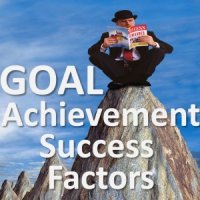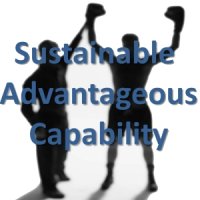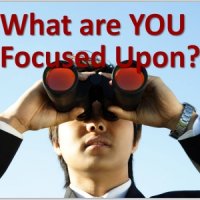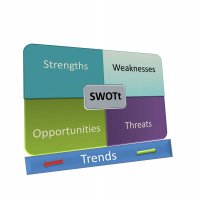Now a few months into the forced remote work environment, most organizations now believe their day to day execution productivity has improved - some dramatically. Many are making plans for long term remote work environments. We are seeing greater challenges is in the longer term planning and strategic activities where mixed results are reported. Some organizations need to reach a better balance in how and what they communicate - it's clear some are actually over doing it and that it is having an impact on leadership effectiveness. Others have grown tired of the communications aspect and have the opposite problem.
As we progress, leaders are learning that there is a need for "together time" but an even greater need for collaborative opportunity finding and problem solving which is a more difficult task. Another lesson learned is the importance of actionable understanding of others and of self. It is important to understand your weaknesses and your strengths even more so. Why? The remote environment eliminates much of the body language "understanding" and the chance "water-cooler' conversations - and this among other factors creates the need to make assumptions that are often incomplete or incorrect. It is therefore, increasingly important to ensure you are using your strengths to accomplish your important work rather than relying on areas where you are weak. A lack of, or a low level of, self and team understanding when you break apart issues teams are having, are often the true root cause of issues. It's easier to make incorrect assumptions in a remote environment for a variety of reasons.



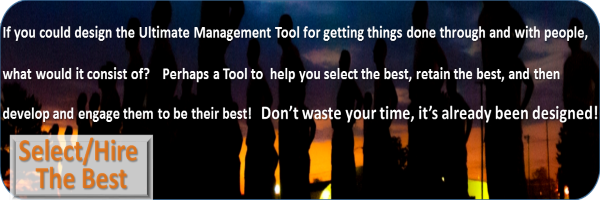
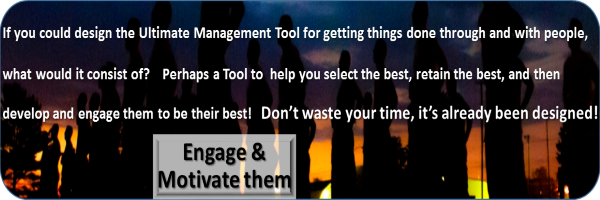
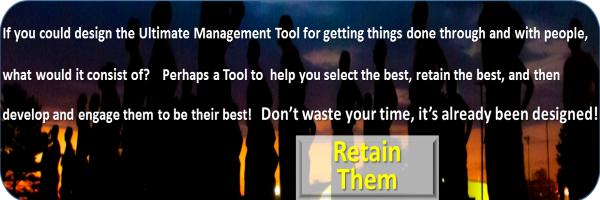
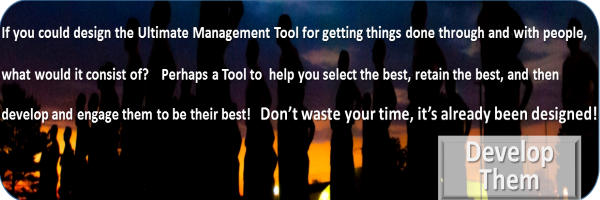
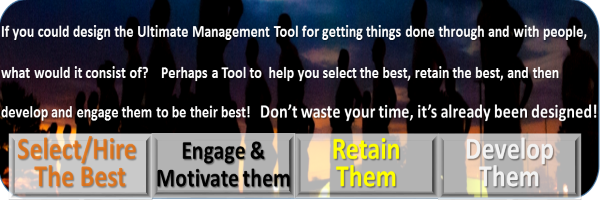
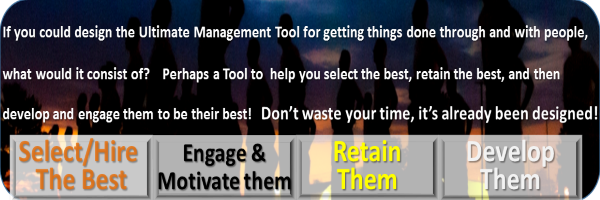
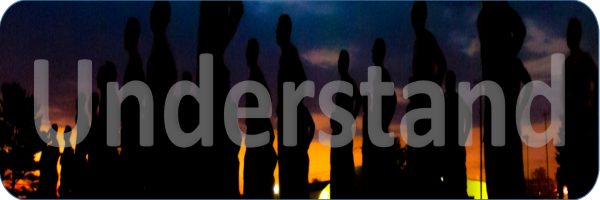

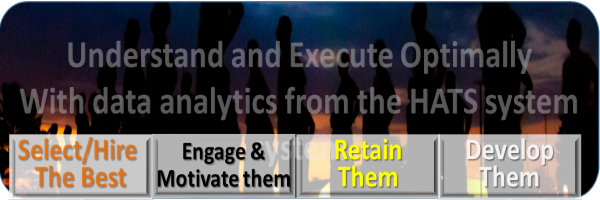







 One of the most difficult challenges managers face is choosing the right people and understanding how to get them to perform at their best. During the last 12 years of our experience, we have found no other tool except the Harrison Assessment that enables this kind of capability with incredible accuracy and insight.
One of the most difficult challenges managers face is choosing the right people and understanding how to get them to perform at their best. During the last 12 years of our experience, we have found no other tool except the Harrison Assessment that enables this kind of capability with incredible accuracy and insight.









